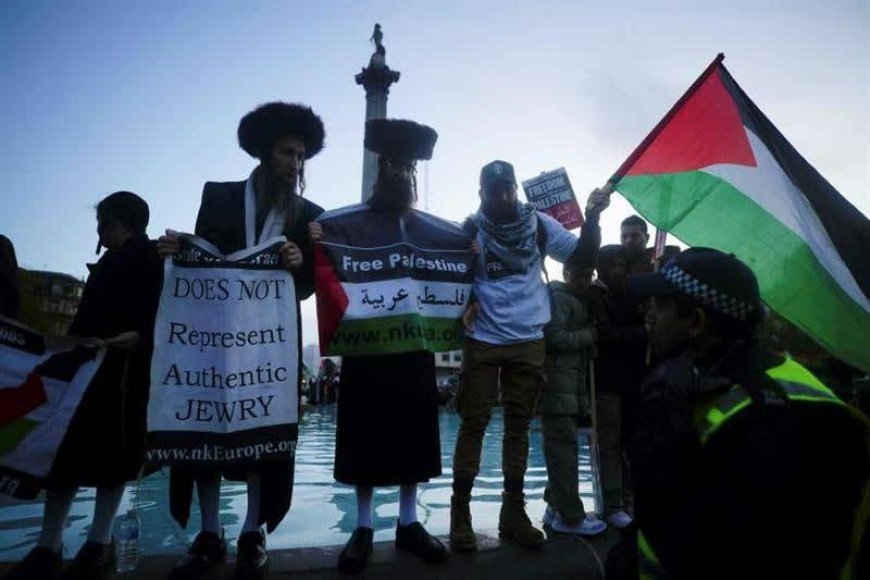The Cost of Criticism: How 'Anti-Semitism' Labels Stifle Anti-Israel Dissents

By: M. Sharifi
Over the past few years, the term "anti-Semitism" has been wielded by pro-Israeli pressure groups as a shield against any criticisms against Israel's abhorrent crimes against humanity in Palestine. However, following the October 7 Operation 'Al-Aqsa Storm' and the subsequent Israeli aggression against Gaza, the condemnation of the Israeli regime's war crimes has been immediately met with accusations of "anti-Semitism" by Israeli officials and their Western allies.
This tactic seeks to stifle dissent under the guise of combating anti-Semitic sentiment, despite the stark reality of over 34,000 Palestinian civilian casualties, including women and children, in Gaza within the past seven months alone. The deliberate mass killings and atrocities inflicted upon the Palestinian population by the Israeli regime further underscore the urgency of holding Israel accountable for its actions.
A concerning trend has emerged in American universities, where students across more than forty campuses have rallied in solidarity with Gaza and condemned the atrocities committed by the Israeli regime. Through mass demonstrations and sit-ins at prominent institutions like New York, South Carolina, Columbia, and Texas, these students have disrupted the pro-Israel narrative that has long permeated academic spaces. The emergence of pro-Palestinian groups challenging Washington's complicity in the Gaza conflict has unsettled American policymakers and alarmed pro-Israel lobbyists and officials, who seek to quash dissent by branding it as "anti-Semitic."
The moniker "United States of Israel" has gained traction among American citizens online, reflecting a satirical critique of Israel's considerable sway over U.S. political and economic affairs. Despite the ongoing Gaza genocide, the United States not only refrained from imposing significant sanctions on Israel but also allocated a staggering $17 billion in support of the regime responsible for heinous acts against civilians. The recent approval by the U.S. House of Representatives of a bill altering the definition of "anti-Semitism" underscores the deep entrenchment of pro-Israel sentiments within American legislative bodies.
Critics of the proposed legislation raise valid concerns regarding its implications. By equating criticism of the Israeli regime’s systematic ethnic cleansing in Gaza with anti-Semitism and categorizing Israel as a Jewish collective, the law risks stifling legitimate dissent and eroding freedom of expression. While some lawmakers decry this bill as a form of institutionalized racism, the U.S. government appears resolute in its pursuit of this legislation's full endorsement.
Should this bill pass the Senate and receive presidential approval, the repercussions could be far-reaching. Students, including protest leaders, may face legal repercussions under the guise of anti-Semitism, effectively chilling future demonstrations against Israel's policies and actions. Moreover, the potential enforcement of this law raises alarms about the coercion of academic institutions to adhere to a narrow definition of anti-Semitism, curtailing open discourse, dissent, and the fundamental rights of students and educators alike. The specter of censorship looms large, threatening to silence critics of Israel and undermine the cherished principles of free speech and assembly.
In conclusion, the weaponization of "anti-Semitism" to shield the Israeli regime from criticism and the proposed legislative changes in the United States signal a troubling erosion of free speech, democracy, and social liberties. The attempts to suppress dissent under the guise of combating anti-Semitism not only threaten to silence legitimate voices of opposition but also undermine the principles of accountability and justice. It is imperative that we remain vigilant in safeguarding the rights of individuals to speak out against injustice and hold oppressive regimes accountable, lest we risk sacrificing our fundamental freedoms at the altar of political expediency.













































